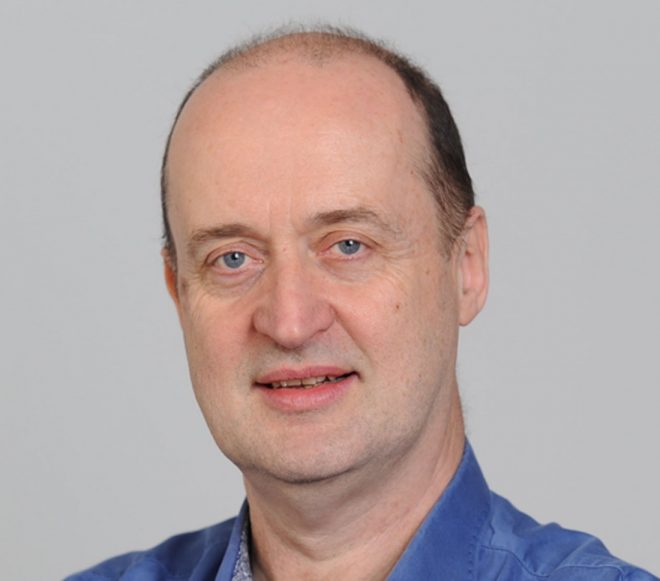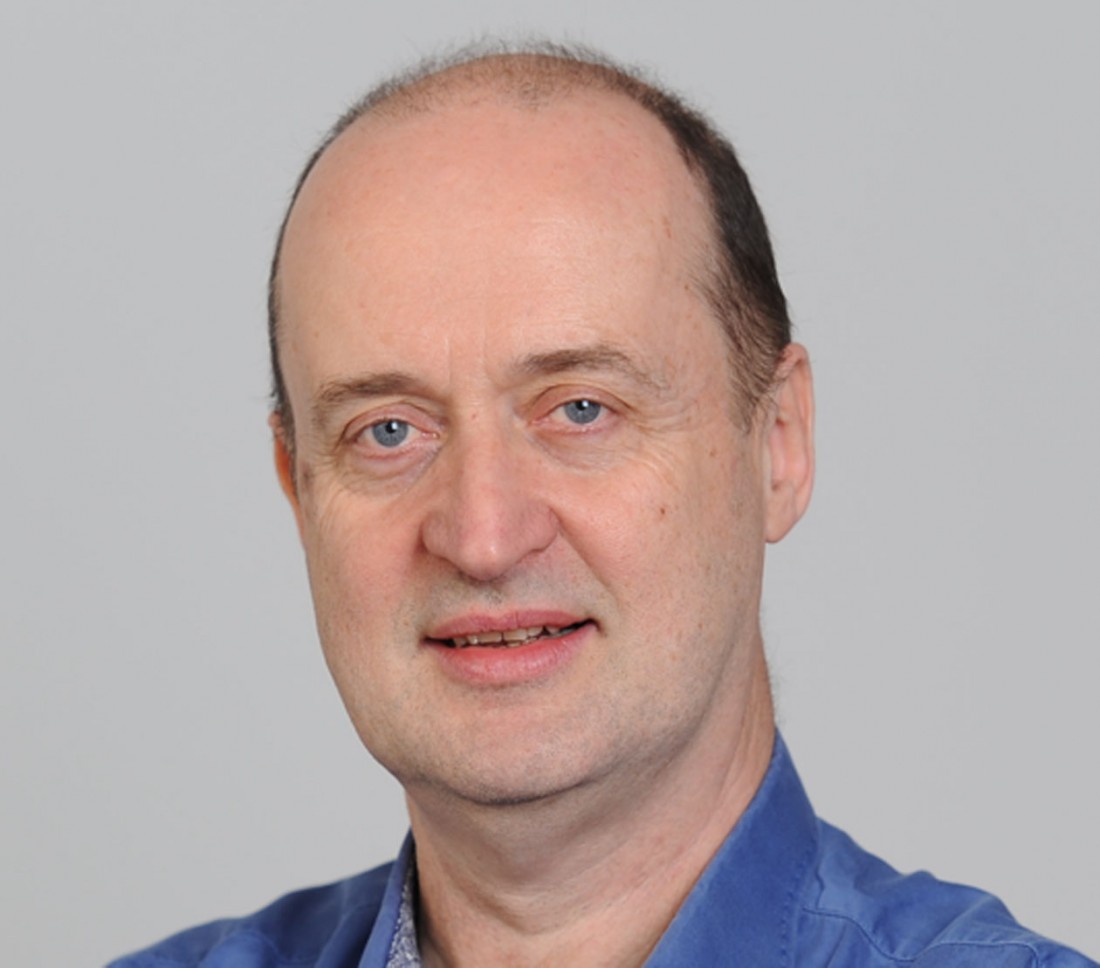
A scientist who is developing antibodies which have the potential to both treat infected patients and provide protection to the “at risk” population during the coronavirus pandemic has family in West Donegal.
John McCafferty is Chief Scientific Officer of IONTAS, a Cambridge biotech firm which recently announced the discovery of potent SARS-CoV-2 neutralising antibodies to fight Covid.
Antibodies are your body’s weapon against Covid-19 so if you can find a way of making them you can develop a drug to give to people who are infected which is what IONTAS is doing.
“I am part of the Donegal/Glasgow axis and my late mother Mary Coll was from Derrynamansher,” Mr McCafferty explained.
His father Danny McCafferty and brother Brian still live in West Donegal (his father’s people are from Carrickahill/Ranafast).
“Unfortunately my visits back home to Donegal are too infrequent in the current situation but you will notice the Gaeltacht origins of my company’s name IONTAS,” he added.
“Since the start of the Covid-19 pandemic, biopharmaceutical companies have demonstrated the capability and willingness to break boundaries in how we work together to benefit the global community. In so doing, extraordinary advances have been made on tight time scales. IONTAS and FairJourney Biologics’ achievement, which takes advantage of our efficiency and years of experience in antibody discovery, is a prime example of this.
“We’re working on a Plan B which is to have the ability to administer antibodies to people who are already affected by the virus and also potentially to people who are not going to respond well to a vaccine,” he said.
A native of Glasgow, Mr McCafferty received a BSc (Hons) degree from Strathclyde University and a PhD from Glasgow University. In 1990 he was, along with David Chiswell and Greg Winter, a founder of Cambridge Antibody Technology (CAT, now Medimmune Cambridge).
Working in Greg Winter’s lab John demonstrated for the first time the display of functional antibodies on the surface of filamentous bacteriophage. This landmark achievement, made it possible to create “libraries” of phage particles containing billions of different human antibody genes from which antibodies to any target could be easily isolated. This work also led to the award of the 2018 Nobel prize for Chemistry to John’s co-inventor Sir Gregory Winter.
The technology has since been adopted worldwide by most biotech and pharmaceutical companies involved in antibody discovery and development including AstraZeneca, GlaxoSmithKline, Roche, Genentech, Merck and Sanofi.
There are now 11 approved antibodies from phage including Humira, the worlds biggest selling drug which was isolated at Cambridge Antibody Technology back in the early 1990s. Today there are 11 approved antibodies generated by phage display with many more in clinical and pre-clinical development.










